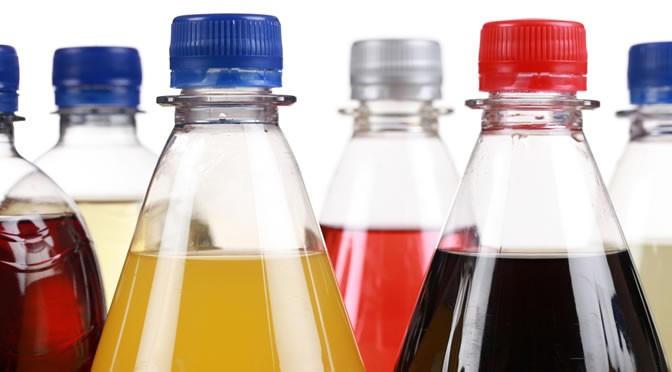Sugary drinks contribute to deaths from diabetes, cardiovascular disease and cancer.
Sugary drinks consumption may lead to the deaths of 184,000 adults around the world every year, a new study reports.
The impact of sugary drinks on disabilities and death resulting from diabetes, cancers, and heart disease have been analysed by researchers in the journal of Circulation (Singh et al., 2015).
Sugary drinks included:
- fruit drinks,
- sweetened iced teas,
- sports/energy drinks,
- homemade sugary drinks (e.g. frescas a Mexican drink),
- and sugar-sweetened sodas containing 50kcal per 8oz serving were defined as sugar-sweetened beverages.
The study used data from 187 countries and over half a million people.
In 2010 alone, the study suggested that sugary drinks were responsible for:
• 133,000 deaths from diabetes
• 45,000 deaths from cardiovascular disease
• 6,450 deaths from cancer
Dr Dariush Mozaffarian, a cardiologist and epidemiologist at Tufts University and the senior author of this study explained:
“Some population dietary changes, such as increasing fruits and vegetables, can be challenging due to agriculture, costs, storage, and other complexities.
This is not complicated.
There are no health benefits from sugar-sweetened beverages, and the potential impact of reducing consumption is saving tens of thousands of deaths each year.”
The impact of sugary drinks varied between different populations.
Mexico had the highest death rate linked to sugary drinks, with an estimated 24,000 deaths.
The U.S. was second with an estimated 25,000 deaths.
The social environment was a vital factor.
About 76% of the estimated deaths related to sugar-sweetened beverages occurred in low- or middle-income countries.
The percentage of chronic disease attributed to sugary drinks was higher in younger adults compared to older adults.
Dr Gitanjali Singh, the lead author of the study explained:
“The health impact of sugar-sweetened beverage intake on the young is important because younger adults form a large sector of the workforce in many countries, so the economic impact of sugar-sweetened beverage-related deaths and disability in this age group can be significant.
It also raises concerns about the future.
If these young people continue to consume high levels as they age, the effects of high consumption will be compounded by the effects of aging, leading to even higher death and disability rates from heart disease and diabetes than we are seeing now.”
Soda image from Shutterstock
